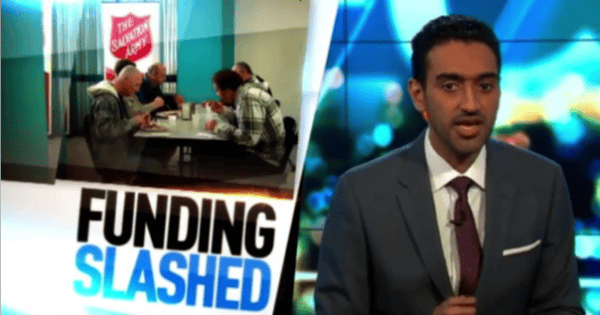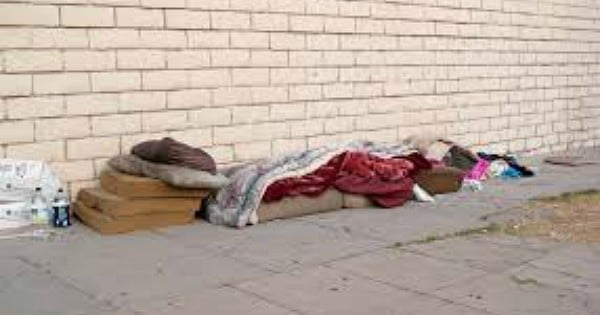During his Something To Think About segment on Monday night’s episode of The Project, Waleed Aly asked viewers why begging is illegal.
The question launched a segment that looked into homelessness by addressing some of the most common arguments against it.
He then, in true Aly-style, smacked down each one with the kind of answer that makes you sit back and go, ‘oh’.

The first issue he raised is the idea that money should be given to homeless services rather than individuals.
“It’s argued that the money society gives to beggars would be better spent on homeless services but here is the problem: we are actually giving those people less money as a matter of government policy,” Aly said.



Top Comments
Later on he cured cancer and stopped global warming - is there nothing he can't do?
I just don't want to be accosted on the street by any stranger not beggars, chuggers, pamphlet pushers, men "just being friendly", or sellers of goods, religion or politics. If they stay out of my personal space and don't obstruct, follow, guilt trip or intimidate, I've no problem with them.